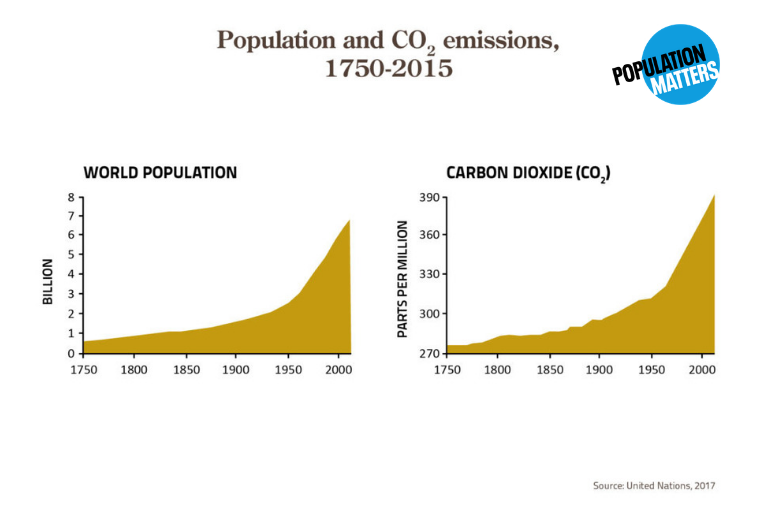
Report: Ageing populations are good
A new opinion paper published in Trends in Ecology & Evolution argues that societies should embrace ageing populations instead of fearing them. The authors demonstrate multiple socio-economic and environmental benefits of shrinking, ageing populations and that associated costs are manageable. Promoting unchecked population growth as is currently the norm pushes humanity further and further away from achieving lasting societal and environmental good health.
Fear-mongering
The media often describes decreasing fertility rates as a “looming disaster” because of how they increase the proportion of elderly people within a population, potentially triggering an economic downturn. This pervasive narrative has had a significant effect on public opinion, with many people more concerned about demographic ageing than about the destructive effect of our rapidly growing population on our finite planet.
Currently, only 14% of countries have declining populations, including Japan, Estonia, and the Czech Republic but the UN estimates that this will increase to 32% of countries by 2050. Population decline is an “achievement, misdescribed as a problem“, according to the authors of the paper.
Unfounded concerns
Concerns about the impacts of ageing can be grouped into three categories: worker shortages, expenditure on health services, and shortfalls in pension funding.

Reviewing the literature, the authors found no evidence that an older population leads to too few workers to meet employment demands. In fact, as evidenced by high-income countries, ageing is not related to the proportion of total population employed nor to changes in GDP per capita. In contrast, countries with the youngest populations as a result of high fertility rates often have very high youth unemployment and stagnating wages. The paper argues that people living in shrinking societies do better economically, socially, and environmentally than they would in a fast-growing country.
Health costs do increase with ageing populations, but this will be much less than is implied, according to the authors. As longevity is increasing, people remain healthy and active for longer and can contribute a lot to society, both in paid work and care-giver roles. In addition, better investment in preventative health care would decrease old-age health care spending as well as all other diagnostic and treatment costs.
Regarding pension funds, the authors argue that increased costs could be at least partly offset by the economic benefits of the shrinking cohort of young dependents and decreased population growth. Additional offsets could be made by making it easier for people to retire at older ages, or even giving them higher pensions for doing so.
Additional benefits
The paper states that endlessly trying to “dilute” older citizens with ever bigger youth cohorts is a ‘Ponzi scheme’ that has little effect on ageing or economic challenges. Instead it exacerbates all environmental problems and fuels societal crises, such as housing shortages and overstretched public services.
The socio-economic and environmental costs of unchecked population growth far outweigh any disadvantages of an ageing demographic. Aside the obvious environmental benefits of a smaller human population size, the authors highlight some additional perks of reduced fertility rates. Children from small families, for example, are usually financially better off as adults because of higher inheritance and greater parental investment. Older people usually consume less each than younger people, meaning we are more likely to meet emissions reduction targets with older populations.
Meeting climate goals

The new IPCC report acknowledges that limiting global warming to 1.5 °C will not be achievable under rapid population growth—avoiding dangerous climate change, resource wars, and ecosystem collapse all depend on achieving a more sustainable human population size.
The IPCC panel stated that “All options need to be exercised… We can make choices about how much of each option we use… but the idea you can leave anything out is impossible.” Now more than ever we need to incorporate measures to reduce and ultimately reverse unsustainable population growth into all efforts to prevent catastrophic climate change.
We thank Frank Götmark, Philip Cafaro, and Jane O’Sullivan (a member of Population Matters’ advisory council) for their important work demonstrating that ageing populations pose an opportunity, not a problem, and that the world must not be deterred by “misguided economic arguments” or other excuses to keep ignoring the elephant in the room.
The full paper, Ageing Human Populations: Good for Us, Good for the Earth, is freely available here.
